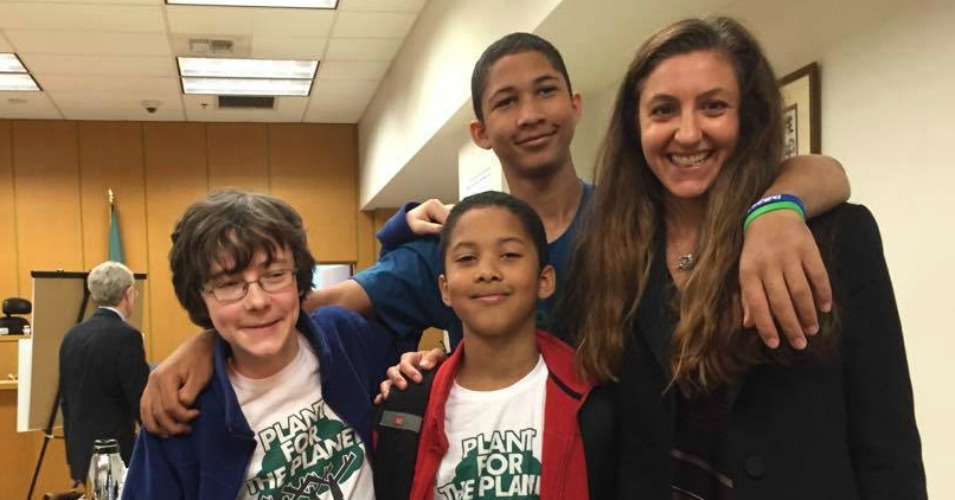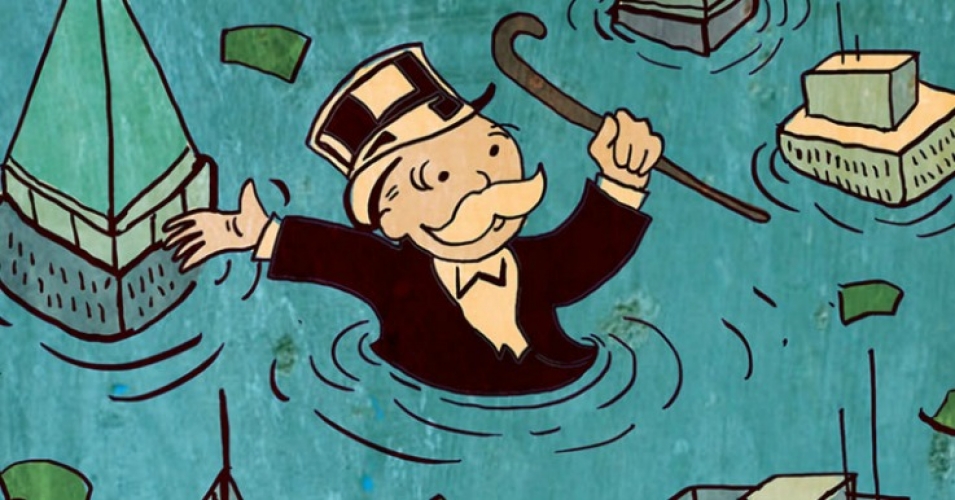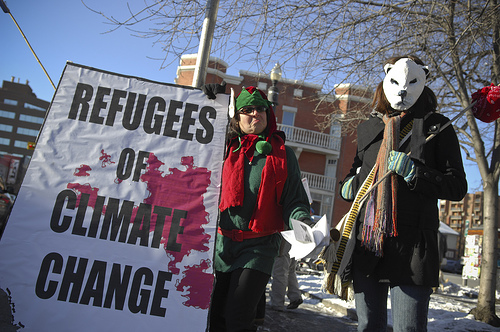Citing what she called the “historical lack of political will to respond adequately to the urgent and dire acceleration of global warming,” a judge in Washington state handed a group of eight young petitioners a landmark win this week, ordering the Department of Ecology (ECY) to consider statewide reductions in carbon dioxide emissions based on best available science.
“The effect of this decision is that for the first time in the United States, a court of law has ordered a state agency to consider the most current and best available climate science when deciding to regulate carbon dioxide emissions,” said Andrea Rodgers of the Western Environmental Law Center, attorney for the youth petitioners, who are in elementary, middle, and high school.
The kids acted with the help of a NASA climate scientist as well as Our Children’s Trust, an Oregon-based nonprofit orchestrating a global, youth-driven legal campaign to establish the right to a healthy atmosphere and stable climate.
“This is a decision of immense national significance,” said Julia Olson, executive director of Our Children’s Trust, which has similar cases going around the country. “Judge Hill acknowledges the urgent and dire acceleration of global warming, refuses to accept any more bureaucratic delay, and mandates that the State consider and act in just two weeks time on the youth’s scientific evidence that atmospheric levels of carbon dioxide must be reduced to 350 [parts per million].”
Last June, the youth filed a petition for rulemaking to ECY, requesting that the agencyadopt a rule that would limit carbon dioxide emissions in Washington according to what scientists say is needed to protect our oceans and climate system. They also asked the agency to inform the state legislature that existing laws related to greenhouse gas reductions must be revised based on current climate science.
In August of last year, ECY denied the petition—without explanation, though it did not dispute the underlying scientific basis for petitioners’ plea.
Arguing that they have a fundamental right to a healthy environment, and that they are faced with increasing harms posed by climate destabilization and ocean acidification, the young petitioners filed an appeal of the denial “to vindicate this right on behalf of themselves and future generations,” as a press release explains.
“Kids understand the threats climate change will have on our future,” said 13-year-old petitioner Zoe Foster. “I’m not going to sit by and watch my government do nothing. We don’t have time to waste. I’m pushing my government to take real action on climate, and I won’t stop until change is made.”
In her decision issued Tuesday, King County Superior Court Judge Hollis Hill offered vindication indeed.
“Judge Hill acknowledges the urgent and dire acceleration of global warming, refuses to accept any more bureaucratic delay, and mandates that the State consider and act in just two weeks time on the youth’s scientific evidence that atmospheric levels of carbon dioxide must be reduced to 350 ppm.”
—Julia Olson, Our Children’s Trust
“Washington State’s existing statutory limits should be adjusted to better reflect the current science,” her opinion reads. “The limits need to be more aggressive in order for Washington to do its part to address climate risks.”
In response to the ruling, the youth’s climate expert, NASA scientist Dr. Pushker Kharecha, said: “This encouraging court decision reminds us that there is still good basis for optimism about legal strategies” that aim to require governments take stronger action on climate.
“The court directed [ECY] to apply the agency’s own findings that climate change presents an imminent threat to Washington and demands immediate action,” added Rodgers. “The ball is now in [ECY]’s court to do the right thing and protect our childrenand future generations.”
The agency must report back to the court by July 8.
In the meantime, “the court’s decision brings a feeling of triumph,” said 14-year-old petitioner Aji Piper. “But I know there is still a lot of work to be done. We may have won a battle, but we’re still fighting a bigger war.”
This work is licensed under a Creative Commons Attribution-Share Alike 3.0 License



